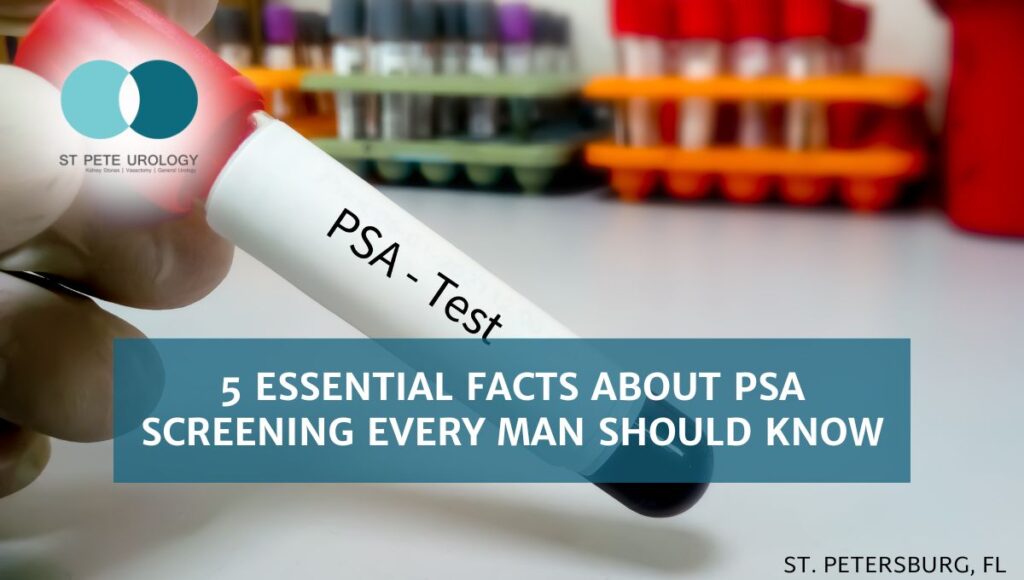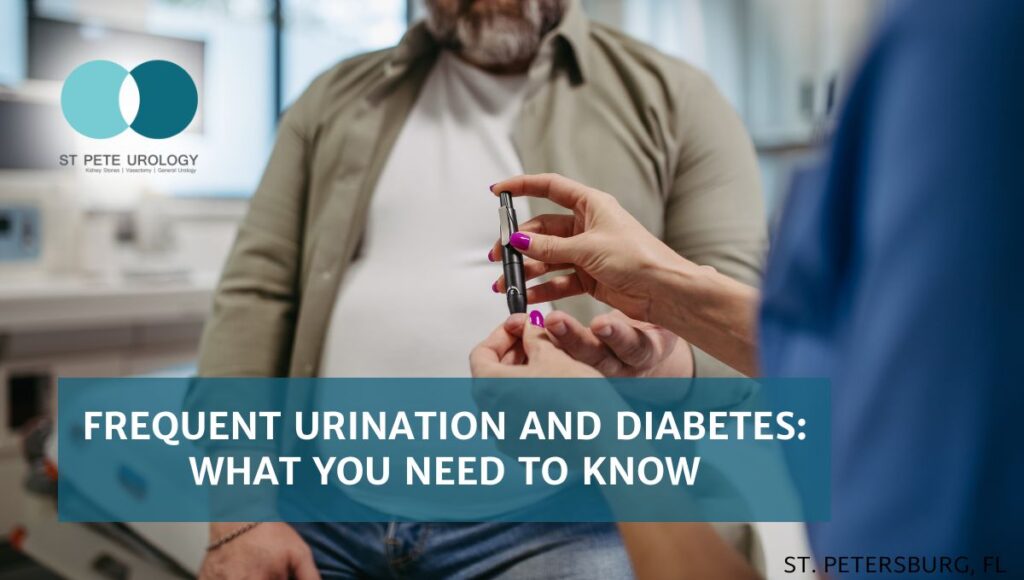 For couples struggling to conceive a child, life might feel like a carousel, trying for the brass ring, month after month. It can put a lot of pressure on the relationship. But now there are fertility treatments that can put the chances of conception in your favor.
For couples struggling to conceive a child, life might feel like a carousel, trying for the brass ring, month after month. It can put a lot of pressure on the relationship. But now there are fertility treatments that can put the chances of conception in your favor.
What are the different types of fertility treatments?
Today we have more technology for diagnosing and treating infertility than ever before. Fertility assessments should be done on both partners to determine which treatments can help, and whether it is a male or female infertility issue.
Female Options for Fertility Treatment
Fertility treatments can include medications to regulate hormones and ovulation, which are often combined with minor surgery approaches. Assisted Reproductive Technology, or ART for short, encompasses several procedures to help you conceive. Some ART procedures make it easier for the sperm to fertilize an egg, and others help with getting the egg to implant in the lining of your uterus.
Common ART fertility treatments are:
Intrauterine Insemination (IUI), in which healthy sperm is collected and then inserted directly into the uterus when you are ovulating.
In Vitro Fertilization (IVF), in which eggs are taken from the ovaries to be fertilized by sperm in the lab where they can develop into embryos. Then a doctor implants the embryos into your uterus after they grows for 3 to 5 days.
GIFT, short for Gamete IntraFallopian Transfer, and ZIFT, Zygote IntraFallopian Transfer. In GIFT, the egg and sperm are collected and immediately placed in a fallopian tube. With ZIFT, the egg(s) and sperm are combined in a lab, resulting in a fertilized egg, which then is placed into the tube at 24 hours.
Cryopreservation, which is known as “freezing” your eggs, sperm or embryos, along with donated eggs or embryos, as well as surrogate mothers who carry the embryo to term.
Both fertility drugs and hormones can be used to help determine when the woman is ovulating or ensure proper levels of hormones. Surgery can remove tissue, such as in cases of endometriosis, or be used to open blocked fallopian tubes.
Enlisting donor sperm, eggs or surrogate mothers, is popular with single people and same-sex couples who desire a baby. Donor sperm or eggs can be the solution if either partner has fertility issues.
Male Options for Fertility Treatment
There are various treatment options if the male needs help with sperm counts, quality or motility. Surgery by a qualified urologist is recommended if the cause is a varicocele (widened veins in the scrotum) or for any blockage in the vas deferens, the tubes that carry the sperm. Antibiotics can be used to treat infections in the reproductive organs, and medications can treat problems with ejaculation or erections. Another option is hormone treatment.
If you wish to conceive but are having problems, our team of specialists at St Pete Urology is experienced in working with couples to make assessments and help in achieving your dreams. For more information, visit the St Pete Urology website.





